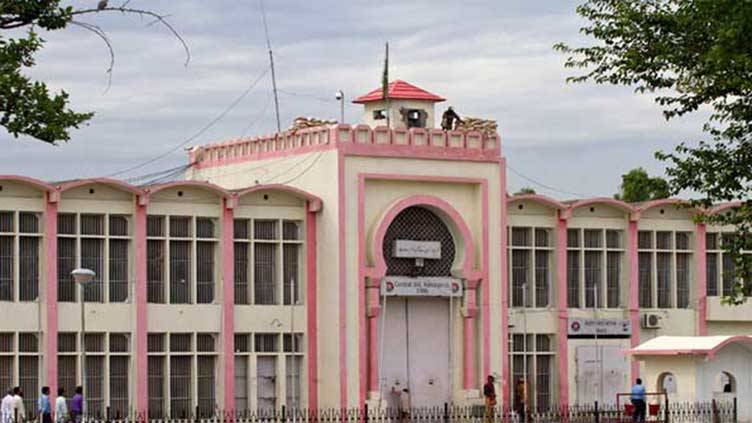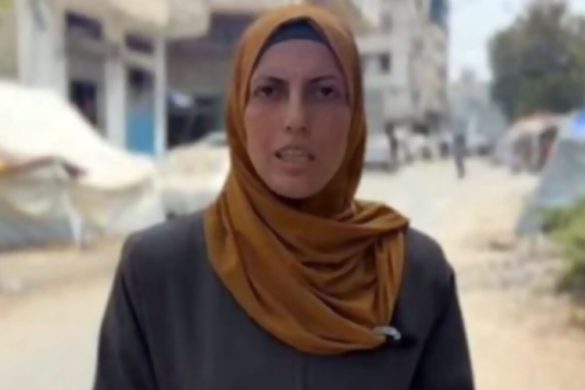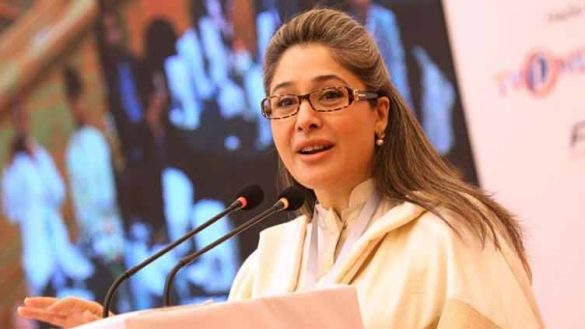Inmate Files Petition for Equal Treatment
A prisoner at Adiala Jail, Muhammad Irfan, has approached the Islamabad High Court requesting the same privileges reportedly granted to Pakistan Tehreek-e-Insaf (PTI) founder and former Prime Minister, Imran Khan. Irfan has formally submitted a petition seeking the court’s intervention, arguing that his repeated requests for enhanced facilities have been ignored.
The petition states that Irfan is serving a 25-year sentence under Section 302 of the Pakistan Penal Code for murder. Over the course of his imprisonment, he has reportedly applied multiple times to the jail superintendent for “superior class” accommodations, but his applications have allegedly been dismissed or overlooked.
Claims of Special Treatment for Imran Khan
Irfan’s petition highlights the contrast between his own treatment and that of Imran Khan. According to the filing, Khan enjoys not only upgraded living conditions in Adiala Jail but also the privilege of regular meetings with visitors—a benefit that is generally unavailable to ordinary prisoners.
The petition contends that the differential treatment violates principles of fairness and justice, urging the court to ensure equal access to these facilities for all inmates, irrespective of their social or political status.
Legal Requests and Parties Involved
In his plea, Muhammad Irfan asked the court to order the relevant authorities to provide him with the same accommodations and privileges that Imran Khan currently enjoys. He requested that all concerned officials comply with the court’s directives to ensure parity.
The petition names several high-ranking officials as respondents, including the Secretary of Interior, the Superintendent of Adiala Jail, the Chief Commissioner of Islamabad, and the Home Department. The Islamabad High Court is expected to schedule a hearing on the matter soon.
Context: Special Facilities in Pakistani Prisons
Allegations of differential treatment in Pakistani prisons are not new. High-profile prisoners, especially politicians or celebrities, have often been reported to receive privileges not extended to regular inmates. These can include private cells, better food, preferential medical care, and enhanced visiting rights.
According to human rights advocates, such practices risk undermining the principle of equality before the law, raising questions about transparency and fairness in the prison system. While official statements regarding the exact facilities granted to specific inmates are rarely made public, media reports have highlighted similar claims in the past.
Implications for Prison Reform
The petition by Muhammad Irfan underscores ongoing debates over prison reforms and equal treatment in Pakistan. Advocates argue that all inmates should receive basic rights and humane treatment, while any additional privileges should be strictly regulated and transparent.
Experts note that granting certain prisoners “superior” treatment can create perceptions of bias, potentially affecting the morale of other inmates and the credibility of the justice system. The court’s response to this petition could set a precedent for how requests for enhanced prison facilities are addressed in the future.
Awaiting Court Decision
The Islamabad High Court has not yet announced a hearing date for the petition. Legal observers suggest that the case may attract media attention due to the high-profile comparison with Imran Khan.
Meanwhile, Muhammad Irfan continues to serve his sentence, asserting that his demand is rooted in justice and equality rather than special treatment. As Pakistan grapples with prison reform issues, this case may fuel broader discussions on transparency, fairness, and human rights within the correctional system.













